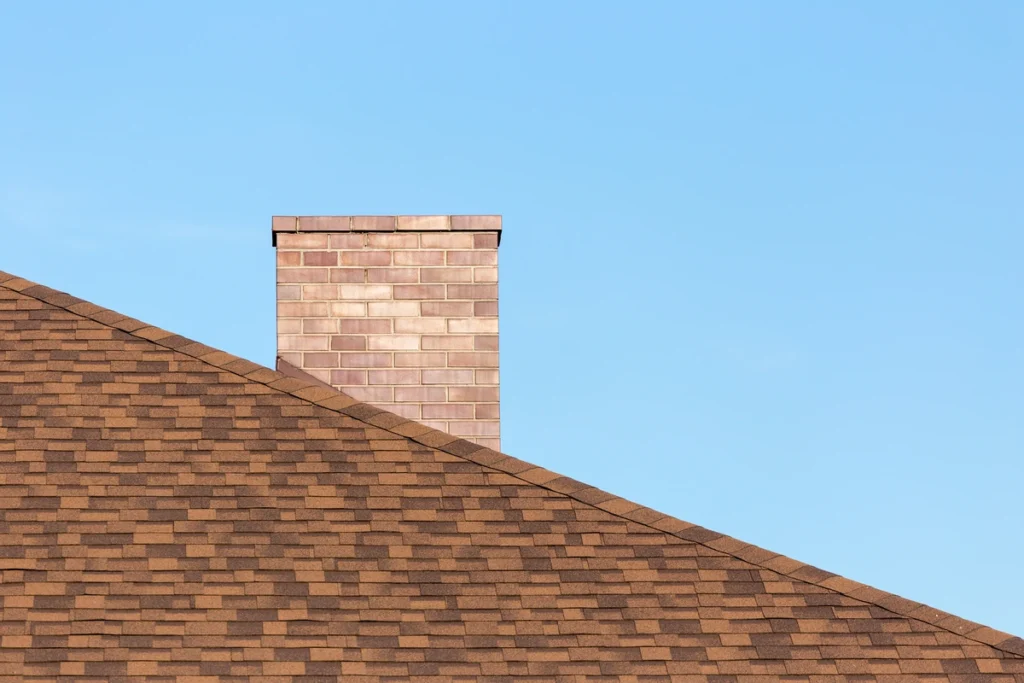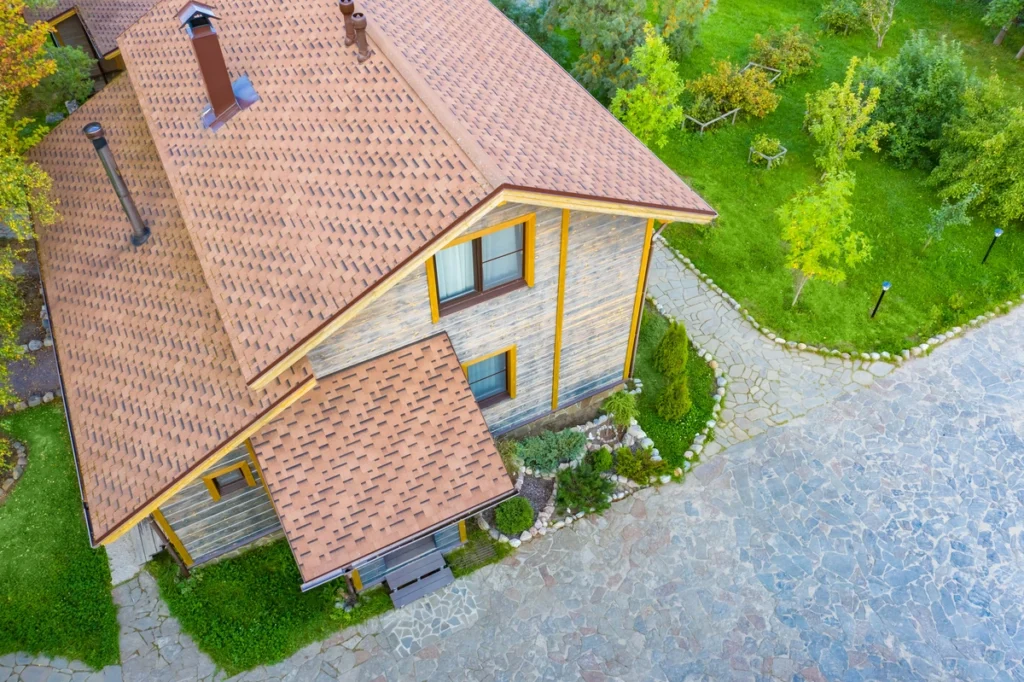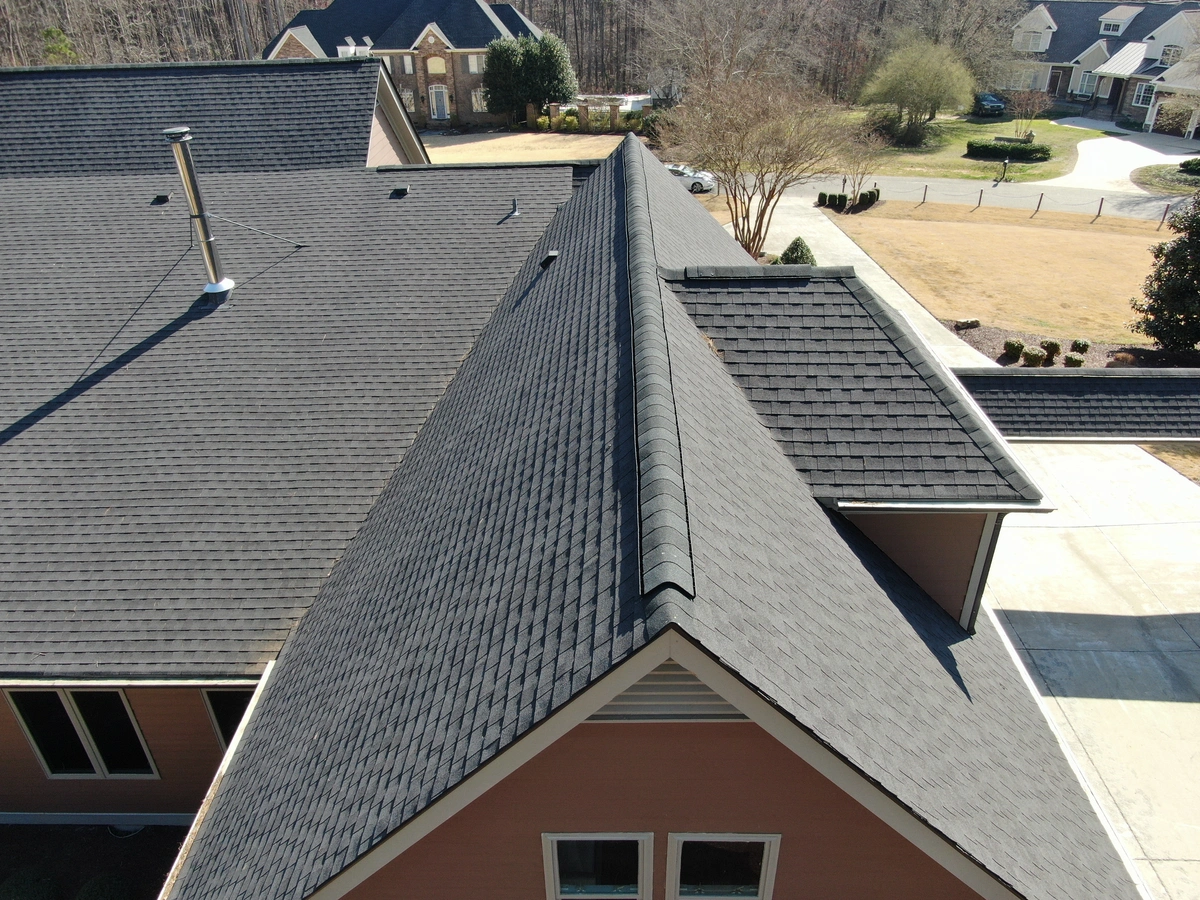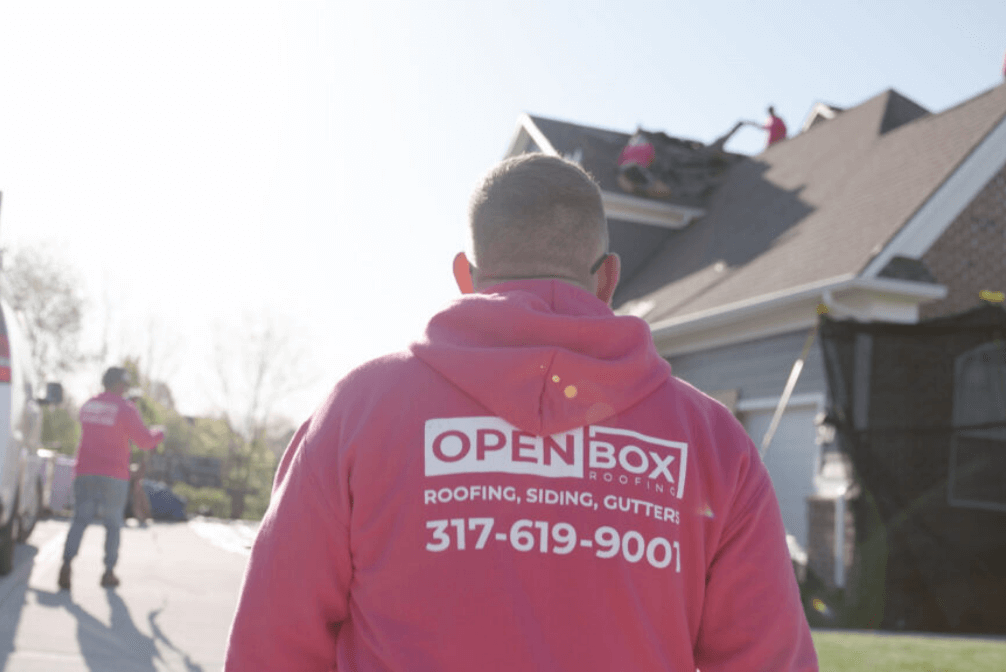A roof is an essential component of any home, protecting us from the elements and ensuring our safety and comfort. However, over time, roofs can deteriorate due to various factors like weather conditions, age, or lack of maintenance. That’s why it’s crucial to schedule regular roof inspections to identify potential issues before they become costly problems.
But you likely have a lot of questions, including:
- How often should I get my roof inspected?
- How much does a roof inspection cost?
- What will they look for?
In this blog post, we will explain all of that and more! Keep reading to learn all about roof inspections.
The Cost of Roof Inspections 💸

The cost of a roof inspection can vary depending on several factors, including:
- The size of your roof
- Roof complexity
- Geographical location
- The season
On average, a professional roof inspection can range from $150 to $500, making this a fairly inexpensive way to care for your home. However, if that cost is enough to discourage you, it’s important to remember that this cost is relatively small compared to the potential expenses that may arise from undetected roof damage.
It’s worth noting that some roofing companies may offer free inspections, especially if you’re already considering their services for repairs or replacements. Keep in mind that free inspections are intended for people interested in hiring someone to complete a service. If you’re calling the same roofing company to perform a free inspection multiple times a year, they reserve the right to charge for their time and labor.
What the Inspector Looks For 🔎
Now that you understand roof inspection costs, it’s important to cover what roof inspectors look for when examining your roof.
During a roof inspection, a qualified inspector will carefully assess various aspects of your roof to determine its condition. Here are some key areas they will focus on:
- Roofing Materials: The inspector will evaluate the type of roofing material used, such as shingles, tiles, or metal, and check for signs of wear, damage, or deterioration.
- Shingles/Tiles: They will inspect individual shingles or tiles for cracks, curling, missing pieces, or granule loss, which can indicate potential leaks or roof failure.
- Flashing: The inspector will examine the flashing around chimneys, vents, skylights, and other roof penetrations to ensure they are secure and properly sealed.
- Gutters and Drainage: Proper water drainage is vital for a healthy roof. The inspector will assess the condition of gutters, downspouts, and drainage systems to identify blockages or improper water flow.
- Roof Penetrations: They will check the seals around vents, pipes, and other roof penetrations to ensure they are watertight and well-maintained.
- Attic and Interior Inspection: In some cases, the inspector may need to access the attic or interior spaces to check for signs of water damage, mold, or insulation problems that could be attributed to roof issues.
- Structural Integrity: The inspector will also evaluate the overall structural integrity of the roof, looking for sagging, signs of rot, or any other structural concerns.
4 Times to Schedule a Roof Inspection ⏰

Timing is crucial when it comes to scheduling roof inspections. After all, the longer that a damaged roof remains untouched, the further the damage can spread. This can mean huge repair bills and, in some severe cases, a full roof replacement. Here are some scenarios where it’s recommended to get a professional inspection:
1) Routine Maintenance
We recommend that you schedule a roof inspection at least once a year as part of regular maintenance, even if you haven’t noticed any specific issues. This helps catch minor problems early on and prevent major damage. Your roof inspector will also note any vulnerable areas of your roof and help you come up with ways to protect them going forward.
2) After Severe Weather Events
If your area experiences severe weather conditions like storms, hail, or heavy winds, it’s wise to have your roof inspected afterward, as these events can cause significant damage. Done a DIY roof inspection and think everything looks right as rain? Think again. A professional roofing contractor will be able to spot things that the untrained eye might not know to look for.
3) Before Buying or Selling a Home

If you’re planning to purchase or sell a property, a thorough roof inspection is essential. It provides peace of mind for the buyer and helps determine the value and condition of the roof.
4) Aging Roofs
If your roof is reaching the end of its expected lifespan, it’s advisable to have it inspected more frequently to ensure any issues are addressed promptly. A quality physical inspection can help determine whether it is safe to wait for a roof replacement or if a new one will be required immediately.
Get a Quality Inspection Today
Investing in regular roof inspections is a proactive measure that can save you from potential headaches and financial burdens in the long run. While the cost of inspections may vary, the benefits of early detection and maintenance far outweigh the expense. But finding a qualified contractor that you can trust can seem like a daunting task.
Luckily, with OpenBox Roofing on your side, it has never been simpler. Our highly skilled roofers will assess your home and offer you workable solutions tailored to your needs. Contact us today to get started!



